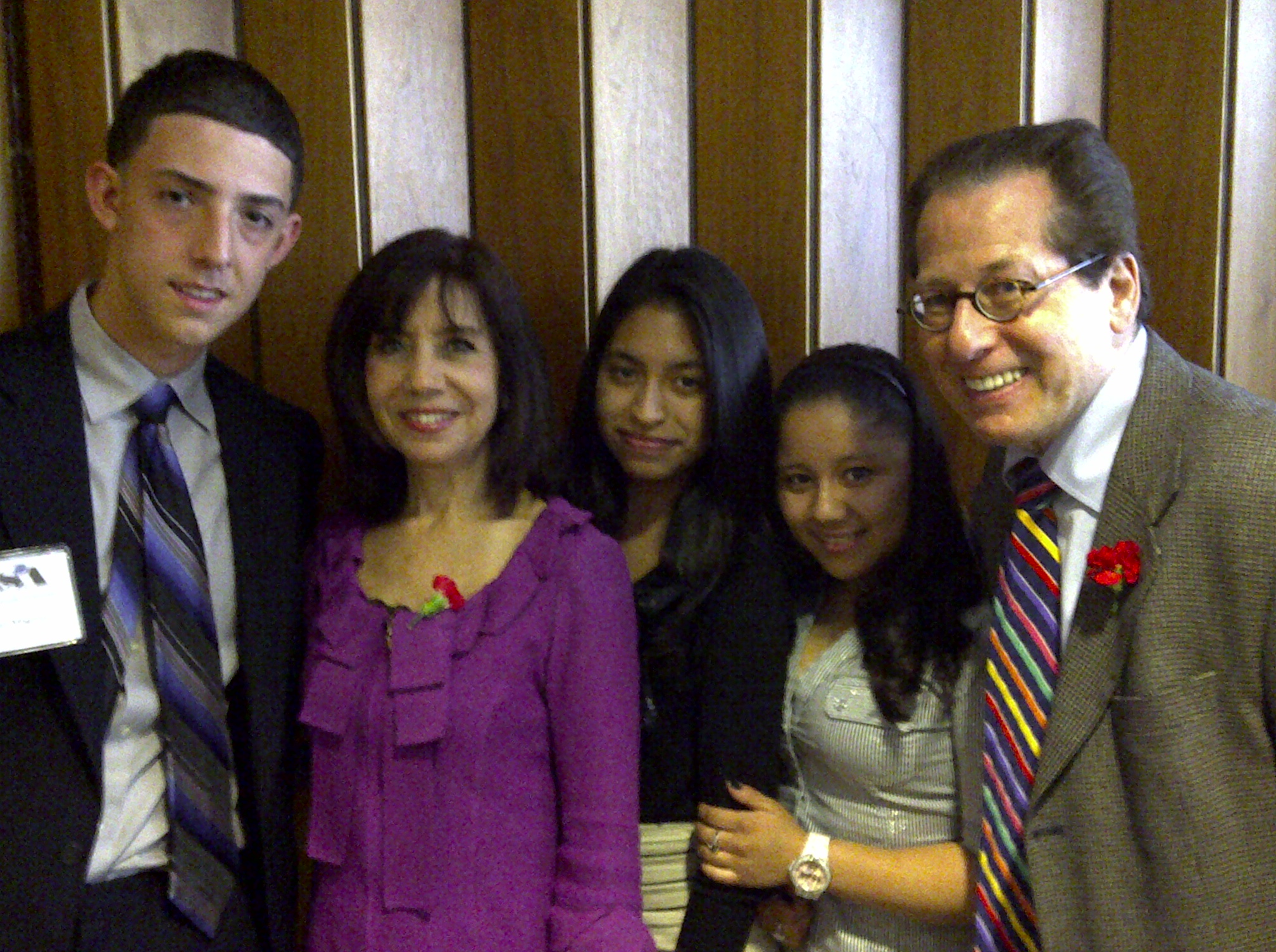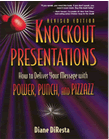 On May 20th, the NYC chapter of National Speakers Association presented a full day Speakers University held at the Fashion Institute of Technology. The success of the event was due in large part to the President Don Gabor, the Speakers U chair, Bob Frare, and many others on the committee.
On May 20th, the NYC chapter of National Speakers Association presented a full day Speakers University held at the Fashion Institute of Technology. The success of the event was due in large part to the President Don Gabor, the Speakers U chair, Bob Frare, and many others on the committee.
My presentation was Presentations for Your Career at Work and covered interviewing, voicemail, meetings, and delivering informational and persuasive presentations. Three high school student entrepreneurs were awarded a scholarship for the day. The morning began with the opening keynote, Kick Your Own Butt, by Pegine Ecchevarria. Ed Robinson gave the closing keynote, From Fighting the Storm to Dancing in the Rain. Both presenters inspired the crowd and knocked it out of the box! A sampling of some of the high content concurrent sessions included Moving from Free to Fee by Rochelle Rice, How to Deliver a High Impact Webinar-Garrett Terhune, and Becoming a Successful Keynoter by Ron Karr. The day ended with a silent auction with services donated by some of the top speakers.
I've been a member of National Speakers Association since 1991 and it's helped me build my business, develop new skills, and brought me many new friends. To attend as a guest visit http:// www.nsa-nyc.org

















